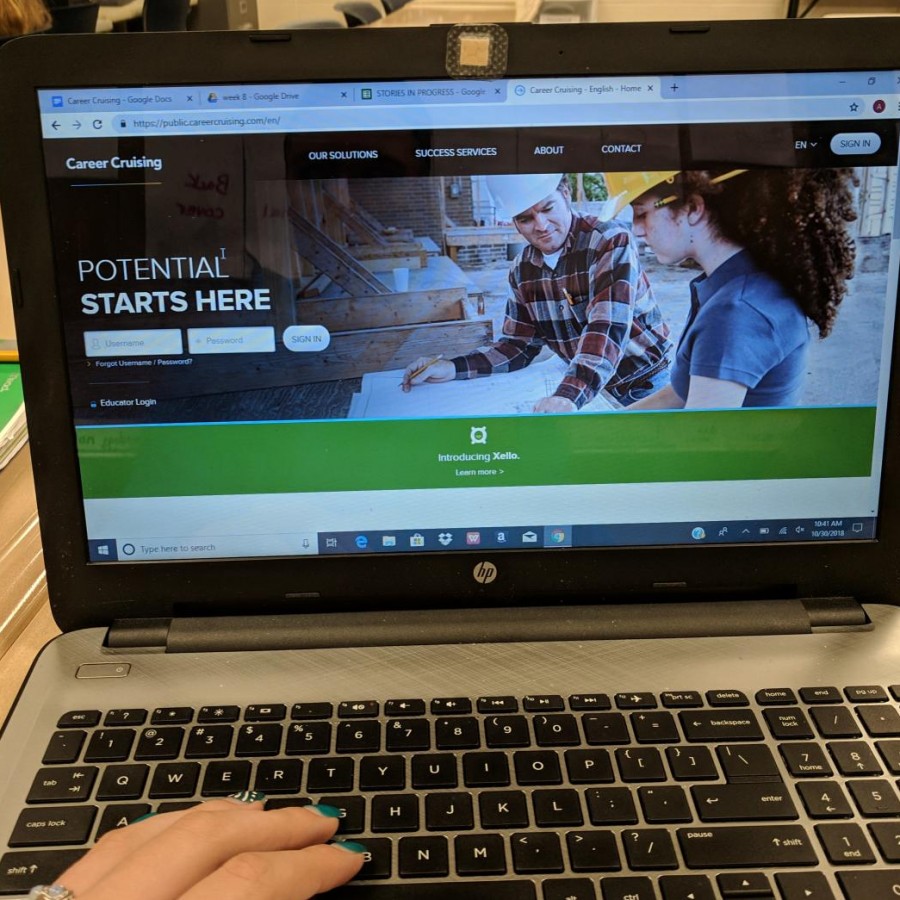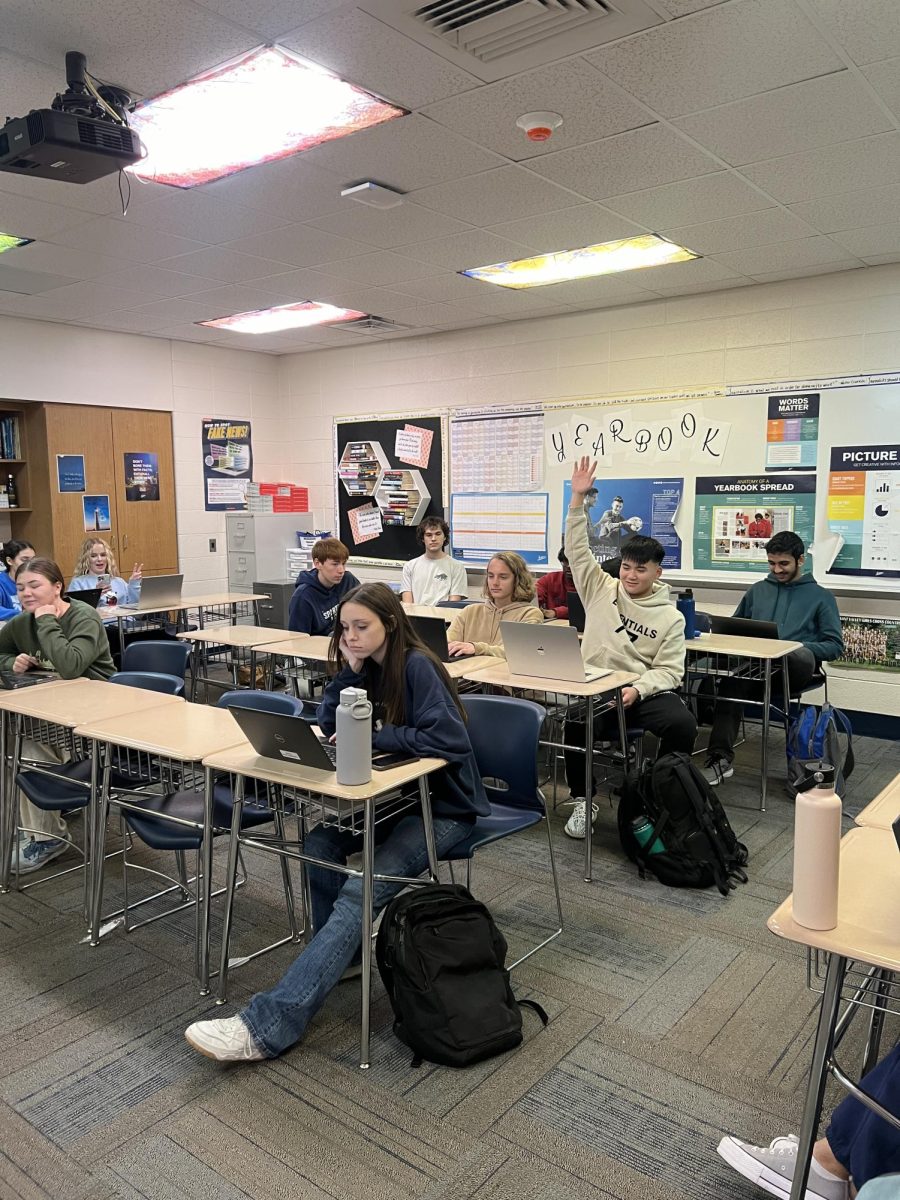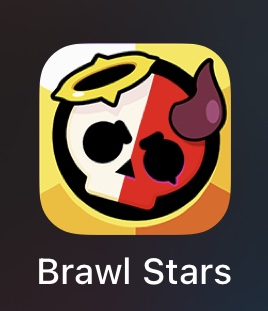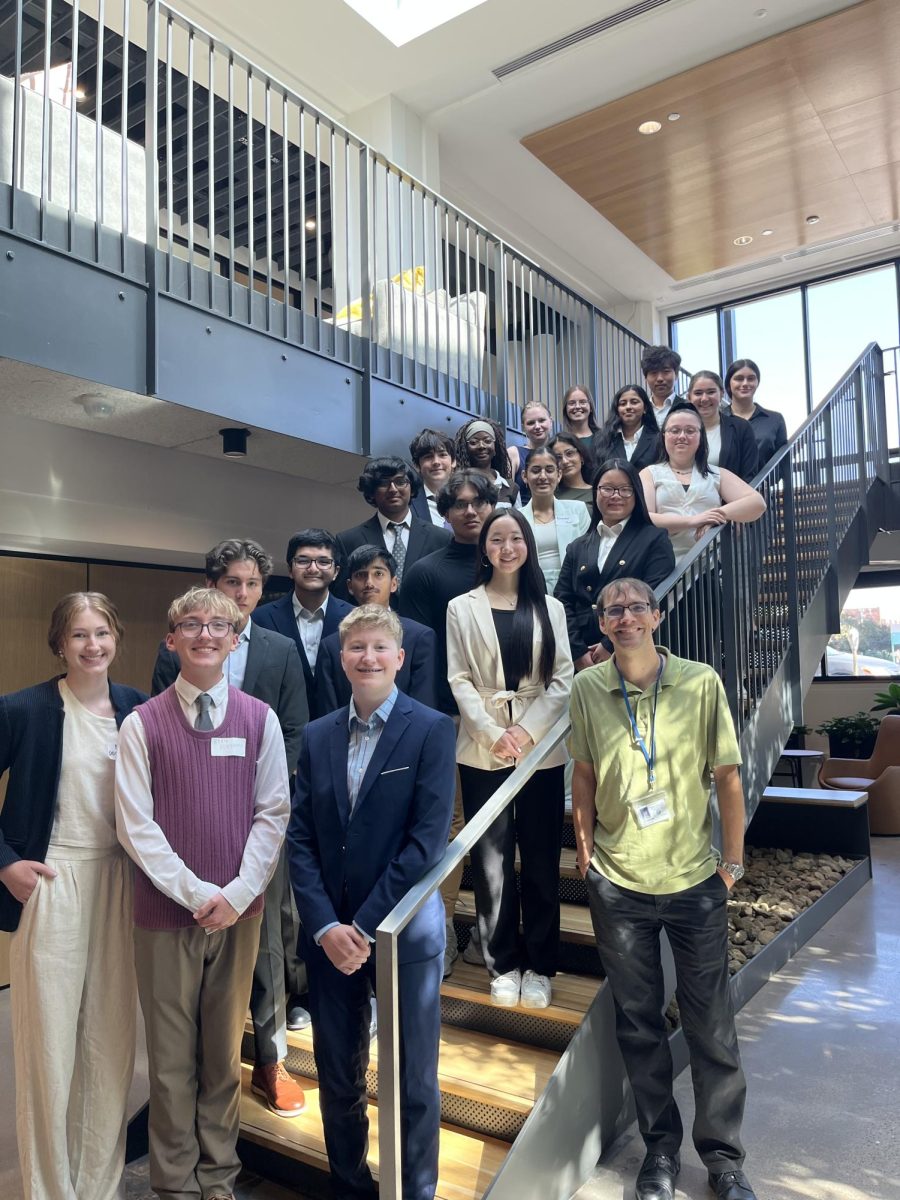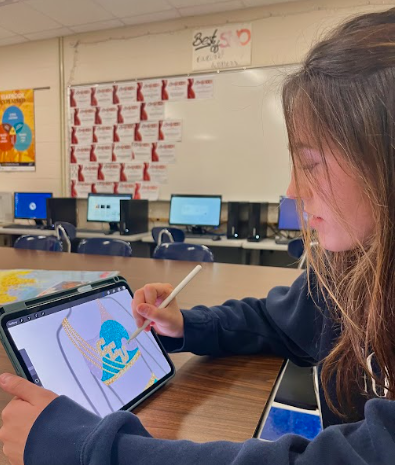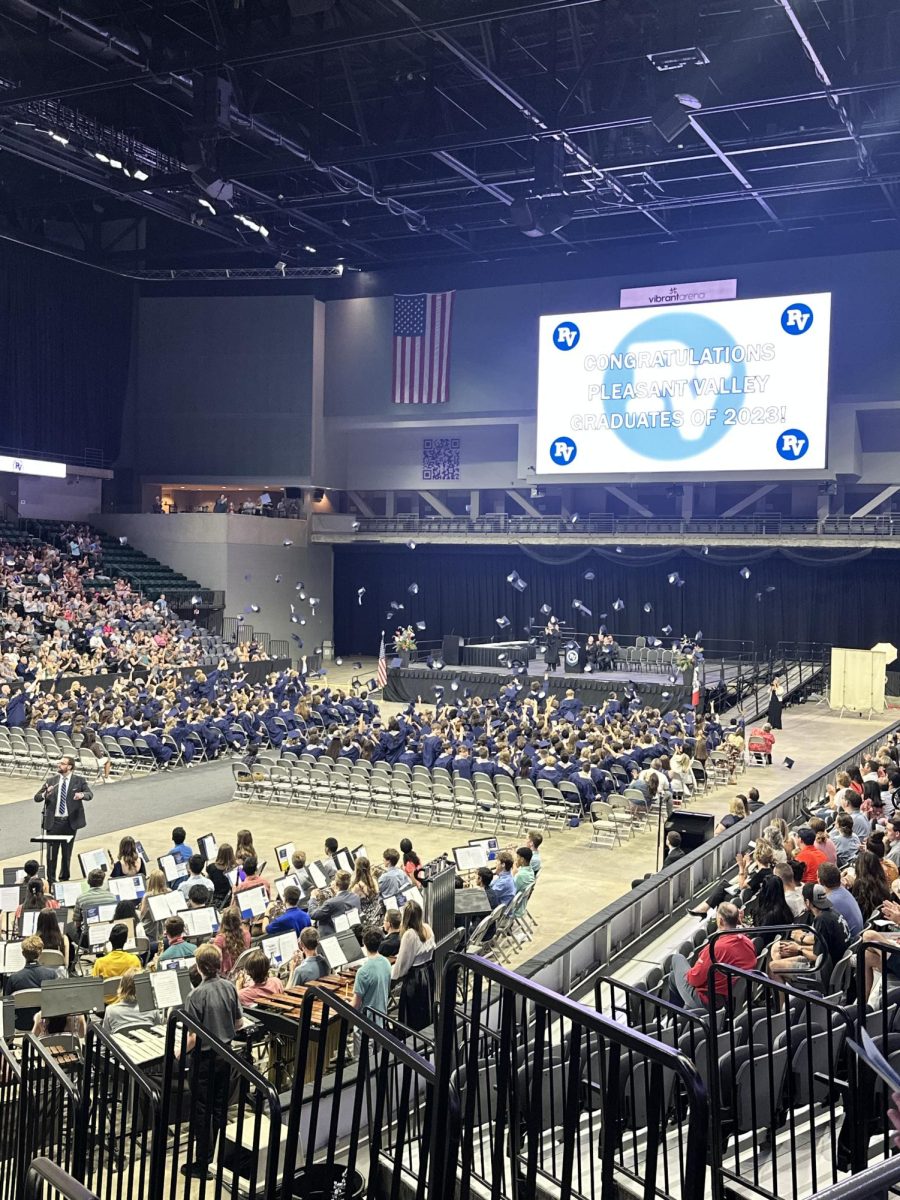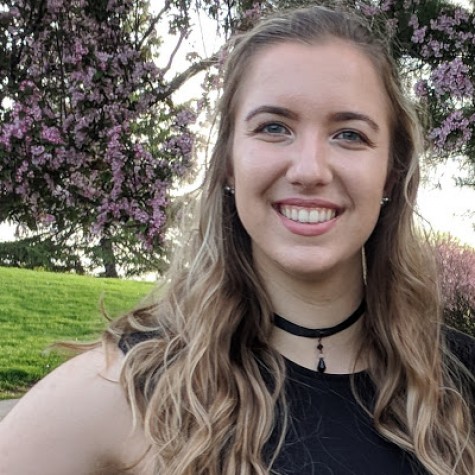The purpose of Career Cruising is to help plan the futures of underclassmen at Pleasant Valley High School. This takes places at the beginning of every academic school year through an online program known as Career Cruising.
Career Cruising is an online test distributed to freshmen, sophomores, and juniors via the school counselors. Students answer a plethora of questions regarding different jobs performed for different professions on a scale of strongly dislike to strongly like. Based on those results, Career Cruising will generate a list of professions most well-suited to the individual’s interests. The list is designed to help give direction to individuals who are unsure of what future career path to take.
Junior, Renai Srivastav, said he doesn’t feel prepared for his future after college because he does not know what to expect after attending university. “Up until now, my goals were to get into a good college and score well on the ACT. But I don’t know what to do after college.”
Career cruising could help individuals like Srivastav gain some footing in terms of plans for the time to come.
Srivastav said generally, Career Cruising is not taken seriously by his peers. He believes it provides a helpful list of opportunities for potential fields one can consider going in to.
Counselor, Scott Rice, agreed that the program has potential to help provide direction to those who are seeking guidance and are unsure of what the future holds.
Rice said Career Cruising could help jumpstart some thoughts about what the student wants to do in college or after college.
Career Cruising is just the base level of profession exploration, according to Rice. “We would like to have a more individualized conversation with the student about what their interests and plans are.” The counselor and student would then make sure the interest is a good fit based on the strengths of the individual.
Rice strongly believes Career Cruising is the gathering of information and is a way to help the parties involved plan. “A lot of it comes down to more individual conversation that students can then take to their family.”
Rice said, “As far as counselors having meetings with students and their families, we’re open and willing to do that as well.”



